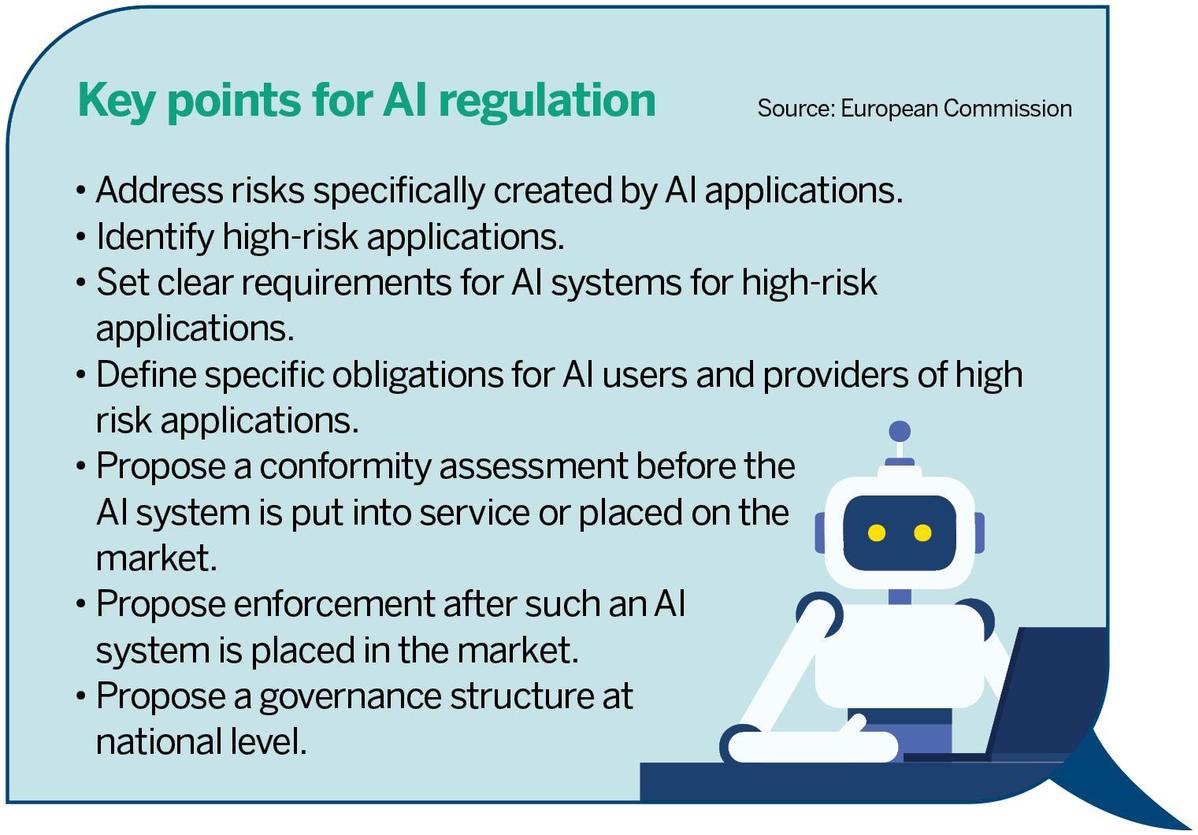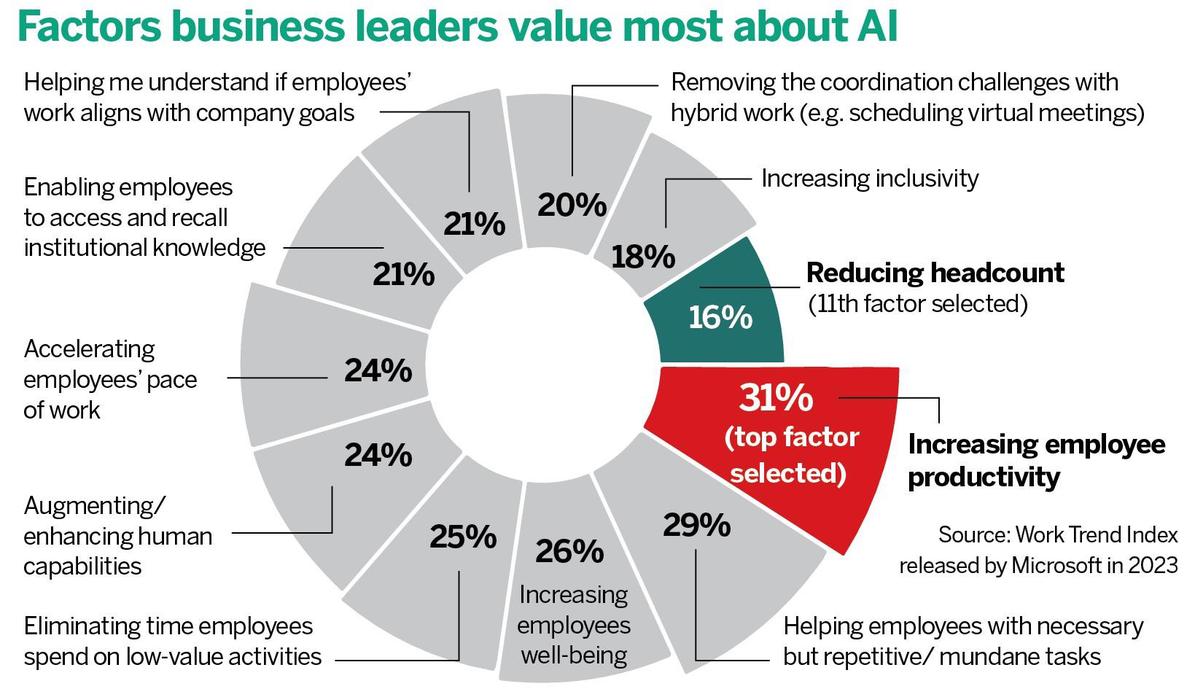Could supersmart machines replace humans?


Not a zero-sum game
Successive eras of automation have led to new roles for human management of technology. Retraining and upskilling are the challenges for the workforce. Education in programming AI and machine learning are necessary in schools and universities.
Andy Fitze, co-founder of SwissCognitive, says that we should not view ChatGPT or generative AI as technologies that eliminate jobs. He suggests that we should see them as catalysts for transforming the way we work, enhancing our work processes and enabling us to achieve more - like any other industrial revolutions in history.
It won't be a zero-sum game in the human-machine interface. Instead, human workers and ChatGPT will be partners, leveraging ChatGPT's accuracy in menial tasks and analysis, and human emotional intelligence, reckons Dalith Steiger, a co-founder of SwissCognitive.
The development of AI at such a breakneck pace has not happened before in human history. If history is anything to go by, Steiger says, human society has been constantly growing with new challenges that accompany novel technological phenomena, and we have to be very open to more of that happening.

Semih Kumluk, digital training manager of PwC's Academy, says he thinks "jobs will transform and people will upskill themselves." The natural adaptation to the disruption of COVID-19 was his reassuring vision. "During the pandemic, did people resist? They learned to use Zoom for online meetings.
"This adaptation will apply to using ChatGPT too - ChatGPT developers will be in demand to retrain ChatGPT with proprietary data - Apps and software in computers will be replicated to the ChatGPT landscape," explains Kumluk.
The impact of ChatGPT will be akin to Global Positioning System technology, says Carl-Benedikt Frey, director of Future of Work program at Oxford University. Prior to the GPS, knowing every street in a city was a valuable skill, but now anyone can navigate any city with GPS.
Counterintuitively, the ubiquity of GPS tools doesn't render the ride-hailing service obsolete, but enables apps like Uber. "It reduces barriers to enter the taxi service, creating more competition," says Frey. He sees generative AI upgrading an inadequate writer to an average writer, a mediocre graphic designer to a competent one, a decent coder into an exceptional programmer.
- Legal tools essential for AI regulation
- China launches remote-sensing satellite for Algeria
- China reports drop in workplace accidents, fatalities in 2025
- From Kansas to karst: Unpacking Guangxi's charms
- China carries out nearly 8.5m hectares of land greening in 2025
- Chongqing red leaf festival draws record 4.7 million visitors




































